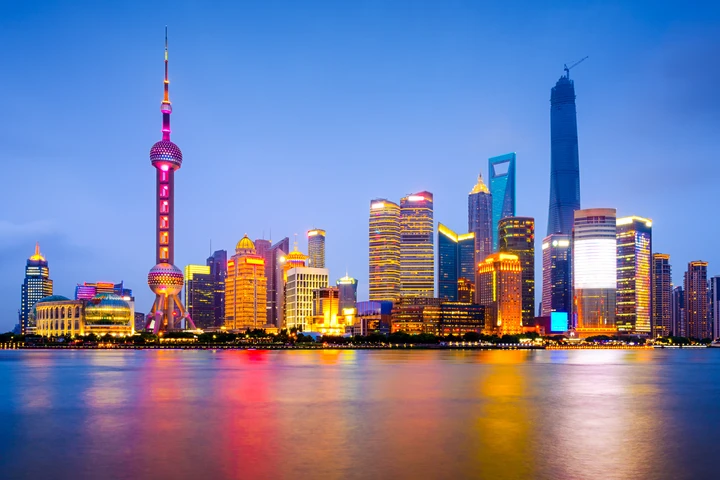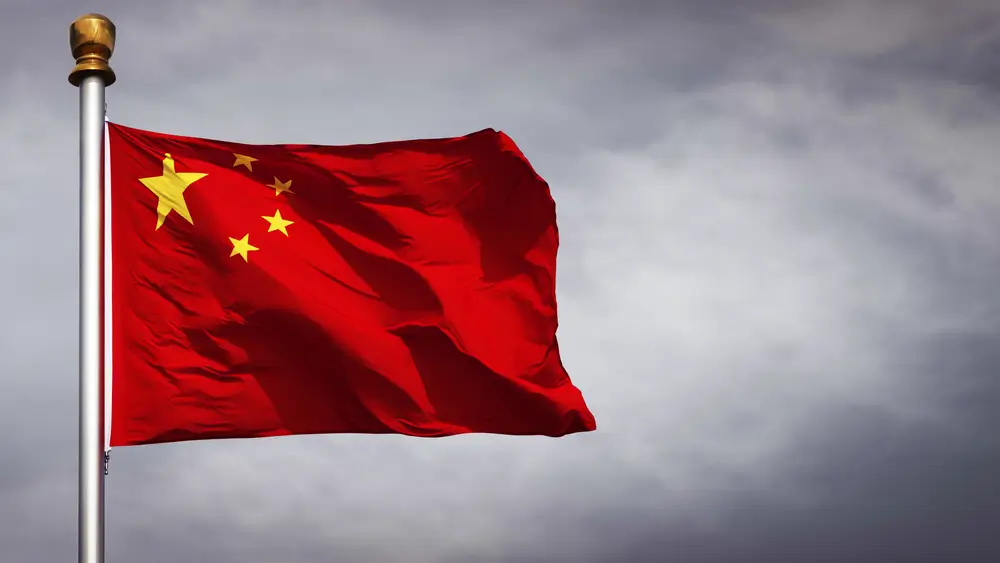China
China Guía de países

China, officially known as the People’s Republic of China, is a country in East Asia with a population exceeding 1.4 billion, making it the world’s second-most-populous country. China plays a vital role in the global economy, being the third-largest export market for U.S. goods and having the United States as its largest export market.
China is a popular destination for travelers, offering a rich cultural heritage, stunning landscapes, and a vibrant economy. The country has diverse attractions, from the Great Wall of China to the Forbidden City in Beijing, and the Terracotta Army in Xi’an. China is also famous for its cuisine, with various regional dishes to explore. The country is known for its friendly locals and a safe environment for tourists.
Capital of China
The capital of China is Beijing, which is also known as the “Northern Capital”. Beijing is located in northern China and is the second-largest city in the country after Shanghai. Beijing is also a center of culture, art, and education, with many palaces, temples, and universities.
China Flag

The flag of China features a red field with five golden-yellow stars in the top left corner. The large star represents the Communist Party of China, while the four smaller stars surrounding it symbolize the four social classes: the working class, the peasantry, the urban petite bourgeoisie, and the national bourgeoisie. The red color of the flag symbolizes revolution and the communist party.
The Location Of China
China is located in eastern Asia, bordered by the Yellow Sea, Korea Bay, South China Sea, and East China Sea to the east, and by Kazakhstan, Kyrgyzstan, Tajikistan, Afghanistan, Pakistan, India, and Nepal to the west, Russia and Mongolia to the north, Bhutan, Myanmar (Burma), Laos, North Korea, and Vietnam to the south. The country is the third-largest country in the world after Russia and Canada. The country is divided into 33 administrative units directly under the central government.
Time Zone of China
China has one official time zone, known as China Standard Time (CST), which is 8 hours ahead of Coordinated Universal Time (UTC).
Official Language of China
The most common language spoken in China is Standard Chinese, also known as Putonghua. There are approximately 300 minority language spoken languages spoken by the remaining 8% of the population of China, with the ones with the greatest state support being Mongolian, Tibetan, Uyghur, and Zhuang.
What Currency Does China Use?
The currency of China is the Renminbi, which is also known as the Chinese Yuan (CNY).
Is China Expensive To Visit?
China offers budget-friendly options for accommodation and food, costs can vary based on the level of comfort and luxury visitors seek during the visit. On average, a one-week trip to China can cost around $559 for one person and $1,117 for two people, covering expenses like accommodation, food, and local transportation.
China Population
The population of China is approximately 1.425 billion. China is the most populous country in the world.
Is China Safe To Visit?
China is generally considered safe for tourists, but there are some concerns to keep in mind. The visitors should be concerned over arbitrary enforcement of local laws, including exit bans, and the risk of wrongful detentions. Additionally, travelers should be cautious about traffic safety, as road conditions can vary greatly throughout the country, and traffic accidents, including fatal ones, are among the highest in the world.
Strange Laws You Should Be Aware Of In China
Some strange laws in China that visitors should be aware of include:
- Cars are not allowed to stop at crosswalks: According to Beijing Traffic Laws, cars are forbidden to stop at pedestrian crossings, which may seem unusual as it goes against the norm of allowing pedestrians to cross the road safely.
- Dating a colleague is not allowed: In Guangzhou province, there are strict policies on dating within workplaces, with specific rules for male and female employees regarding dating colleagues, which may seem intrusive into personal lives.
- The secrets of sericulture are not to be shared: An ancient imperial rule prohibits the sharing of silk-making secrets, reflecting the historical significance and protection of this traditional art.
- All land is owned by the government: While homeowners may own their houses in China, they do not own the land on which their homes are built; instead, the government owns the land due to communist principles.
- Food safety regulations are lacking: China faces challenges with food safety regulations, leading to incidents like expired meat being sold and consumed, highlighting concerns about food safety standards in the country.
- Storing explosives in the basement is not allowed: China prohibits homeowners from keeping more than one ton of explosives such as fireworks.
What Is The Main Religion In China?
In China, the religious landscape is diverse, with a significant portion of the population being non-religious or practicing a combination of Buddhism and Chinese folk religion. There are five official religions in China: Buddhism, Taoism, Christianity, and Islam.
Top China Attractions
Here's the list of top China attractions you should see during your visit:
- The Great Wall of China: A historical defense project built over 2,000 years ago, it is the longest wall in the world.
- The Forbidden City: The world's largest imperial palace, serving both the Ming and Qing Dynasties until 1912.
- The Terracotta Warriors: A must-see site featuring over 2,000 years of history.
- The Potala Palace: The most sacred site to all Tibetans and Buddhists, it is the residence of Dalai Lamas after being rebuilt in the 17th century.
- The Shanghai skyscraper forest in Pudong: Known for its impressive skyline and modern architecture.
- The Beijing Olympic Park: Hosted the 2008 Olympic Games and showcased the country's recent achievements in infrastructure and sports.
- Zhangjiajie's "Floating" Peaks: Resemble the Hallelujah Mountains from the movie "Avatar".
- The Li River Karst Scenery in Guilin: Known for its pointy hills and the famous “best hills and river under heaven”.
- The Yarlung Tsangpo Canyon in Tibet: The world's biggest and deepest canyon, offering a unique natural experience.
Most Important Cities In China
Some of the most important cities in China include:
- Beijing (Peking):The capital of China, known for its imperial attractions like the Forbidden City, the Temple of Heaven, and the Summer Palace.
- Shanghai: China's most prosperous city, known for its modern skyline and economic success.
- Hong Kong:A special administrative region of China, known for its movies and its unique Chinese-Western character.
- Canton (Guangzhou):The largest manufacturing area in China, known for its Cantonese food and language.
- Xi'an: A famous ancient city in China, known for its terracotta warriors and its role as the capital of the Qin Dynasty.
- Chengdu:The center of Sichuan essence, known for its pandas and its role in the tea industry.
- Guilin:Known for its majestic karst landscape, Guilin is a city in Guangxi Zhuang Autonomous Region.
- Macau:A special administrative region of China, known for its casinos and its unique Portuguese-Chinese culture.
- Shenzhen:A major commercial center in China, known for its high-tech industries and its role in the economic reforms of the 1980s.
Best Hotels in China
The process of planning a stay has been simplified by Bookperfect. Our user-friendly platform offers a practical method for locating hotels in China. Our extensive search engine consolidates every available hotel, ensuring that potential savings are not overlooked. Furthermore, Bookperfect presents a detailed listing of China's hotels, allowing customers to secure the most competitive rates for their stay.
For individuals planning a last-minute trip to China, Bookperfect serves as a valuable resource for obtaining the most current hotel listings and availability information. Our extensive database of available hotels guarantees a streamlined and hassle-free booking experience, ensuring a smooth travel experience.

